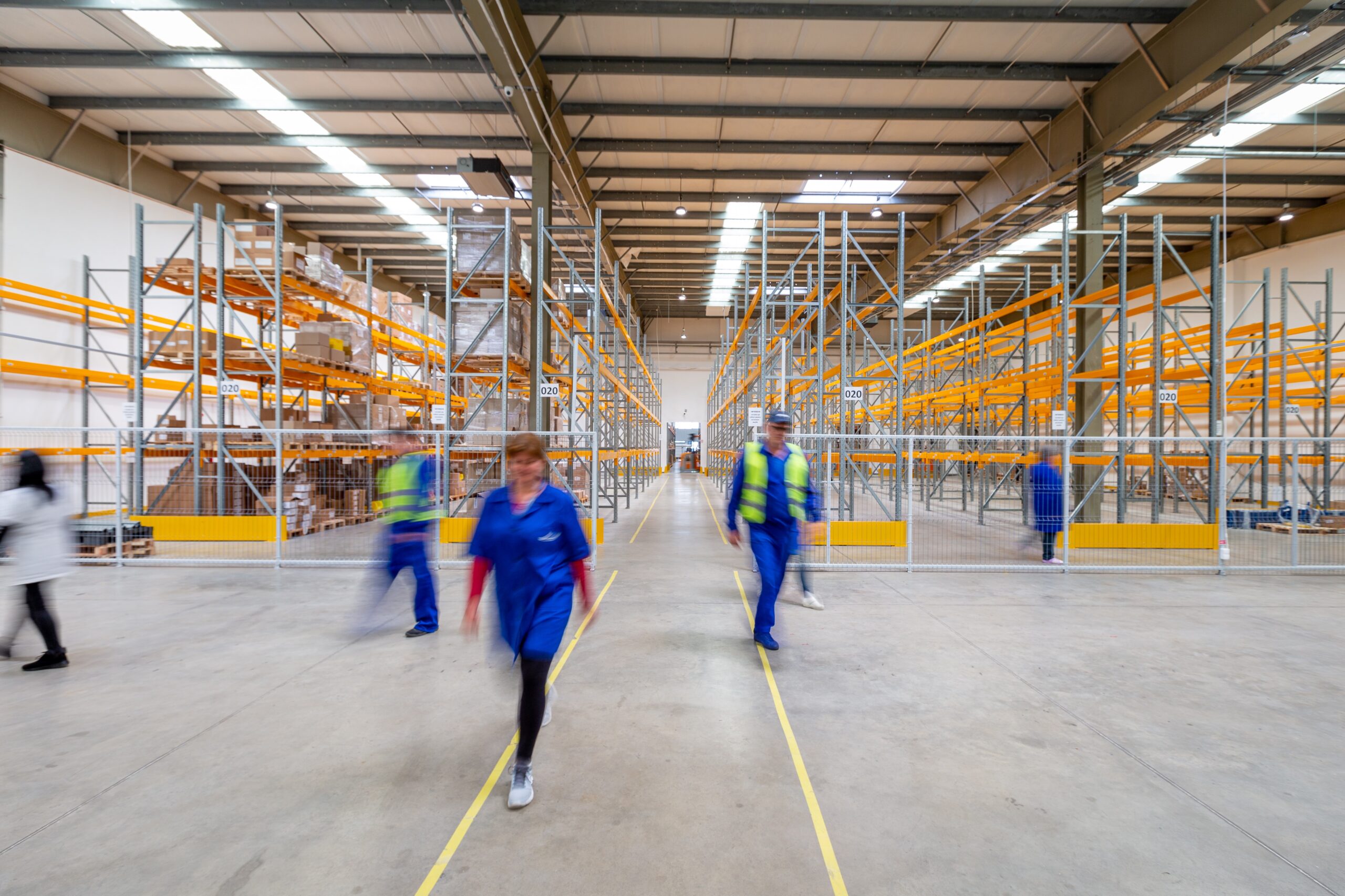A double crisis of Covid-19 and Brexit has caused one of the worst labour shortages in the UK in nearly 25 years, with recruiters reporting hiring difficulties across many sectors.
Among the worst hit is manufacturing and warehousing, with 62% of firms in a recent British Chambers of Commerce (BCC) survey reporting a struggle to fill skilled technical roles. A further 42% of businesses within the sector were having problems finding candidates for unskilled roles.
Overall in the UK, a huge 70% had issues trying to hire staff in the three months to June 2021. The key sectors of concern are transport and logistics, manufacturing, construction and hospitality, which is causing knock-on effects on other industries. And both the Recruitment and Employment Confederation (REC) and accountancy firm KPMG has warned that the number of available workers has dropped at the fastest rate since as far back as 1997.
What’s behind the skills shortage?
At first glance, it appears that the coronavirus pandemic is the principal cause of the country’s labour shortage – especially for sectors such as manufacturing. An estimated 1.3 million workers are believed to have left the country during the health crisis, and fewer EU workers are arriving because of tightened border controls. Adding to the problem is the rush to reopen following lockdown and other pandemic restrictions, which has caused bottlenecks in hiring and recruiters struggling to meet demand.
There’s also furlough to consider. Around 1.5 million people are still furloughed, as restrictions prevent them from returning to full-time work. This has meant less people in role, and fewer available candidates on the jobs market.
However, the whole picture is rather more complex, and there are other factors at play. As well as Covid-related border restrictions, the UK’s complicated post-Brexit immigration rules and red tape are preventing EU workers from joining the workforce.
Skill and staff shortages also existed in manufacturing and logistics even before the pandemic and Brexit. A report from the BCC in 2018 revealed that a huge 81% of manufacturing employers had difficulties finding the right talent.
How can manufacturing ‘build back better’?
It is hoped that once the furlough scheme ends, this will help to ease the pressure on the UK’s labour shortage. However, the full reopening of the economy could create more bottlenecks and demand in what is already a tight jobs market.
Business leaders believe that easing the UK’s Brexit-related immigration rules could help to bring in more overseas workers, along with the opening up of the country’s borders as the coronavirus crisis wanes. Further investment in skills and training from the government can help to bolster numbers of domestic candidates. Jane Gratton from the BCC offers her insight:
“Adopting more remote and flexible working patterns will help firms attract skills from a wider talent pool. But we also need access to rapid and agile training and reskilling opportunities for adults in the workforce, alongside a flexible and cost-effective immigration system that ensures fast access to skills when these can’t be recruited locally.”
Manufacturing also has its part to play. Some experts believe that available candidates are deterred from working in certain sectors, due to reputation problems. Manufacturing needs to transform its image, shaking off misconceptions relating to pay and conditions.
If your business is facing hiring challenges or skills shortages, we can help. Get in touch with our specialist industry team here at First 4 Recruitment.

0 Comments